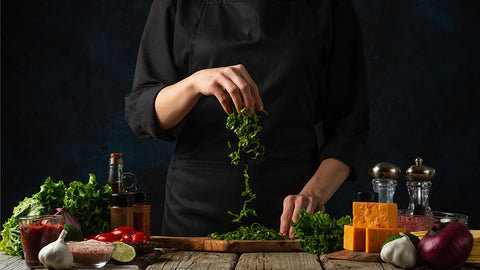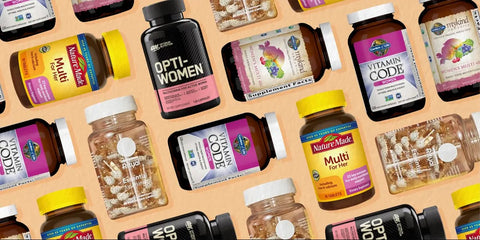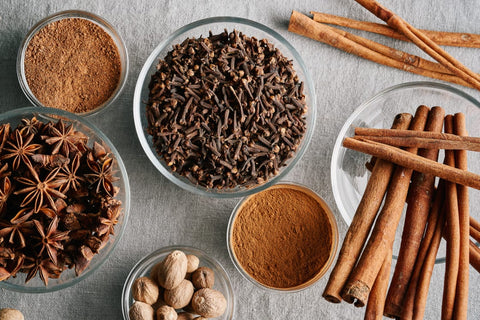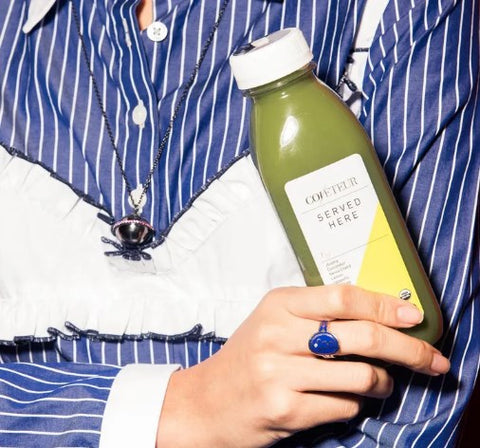Dr. Uma's Blog

Join world-renowned chefs and doctors, in conversation about the things you care about most. Episode No. 3 (of 6-part series): This is Your Brain on Food - An Indispensable Guide to the Surprising Foods that Fight Depression, Anxiety, PTSD, OCD, ADHD, and More.

Taking a multivitamin has always been common practice in my household — I grew up taking (and still do) every morning, but I never really stopped to think about why. After researching how some offer 100% of the US Daily Value (DV) for essential nutrients like iodine, vitamin D , and calcium, I realized multivitamins aren't just a mundane part of my morning routine; they actually offer a sort of safety net to certain individuals, ensuring they meet recommended nutrient intakes.

Many people associate undressed salads and unseasoned chicken with "health," but eating nutritious foods doesn't have to be boring. In fact, keeping your meals devoid of flavor actually limits their potential benefits. According to nutritional psychiatrist Uma Naidoo, M.D., utilizing spices and herbs is a surprisingly easy way to increase the nutritional value of a dish.

The start of the COVID-19 pandemic made us hyper aware of health and hygiene in efforts to keep ourselves well. We learned which supplements to take to strengthen our immune systems, what songs to sing while washing our hands, how to properly wear masks and how far apart we should stay from others in order to protect our physical health.

I will never forget my first juice cleanse. It was the summer of 2013, and all of my New York roommates were raving about the new juice bar that had opened in the East Village offering a rather pricey seven-day cure-all detox cleanse. I was on day two of solely drinking spinach and celery juice, walking through the Upper East Side to the French Consulate to get my visa, blatantly ignoring every red flag and alert my body was trying to send me.


